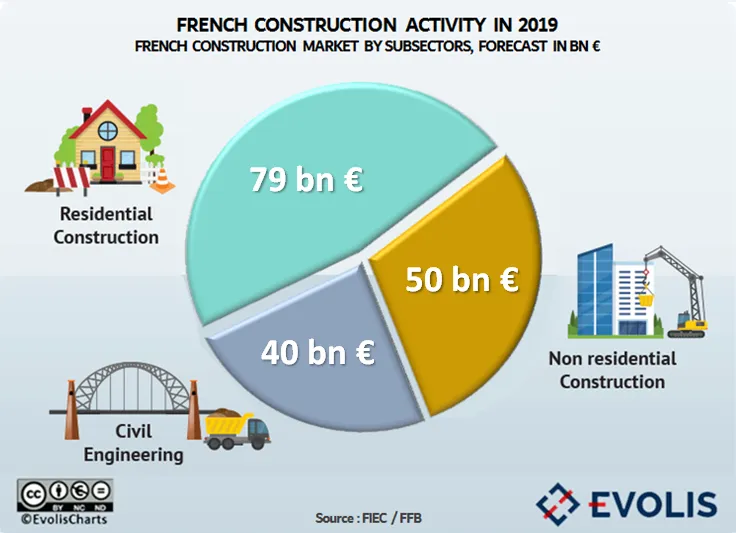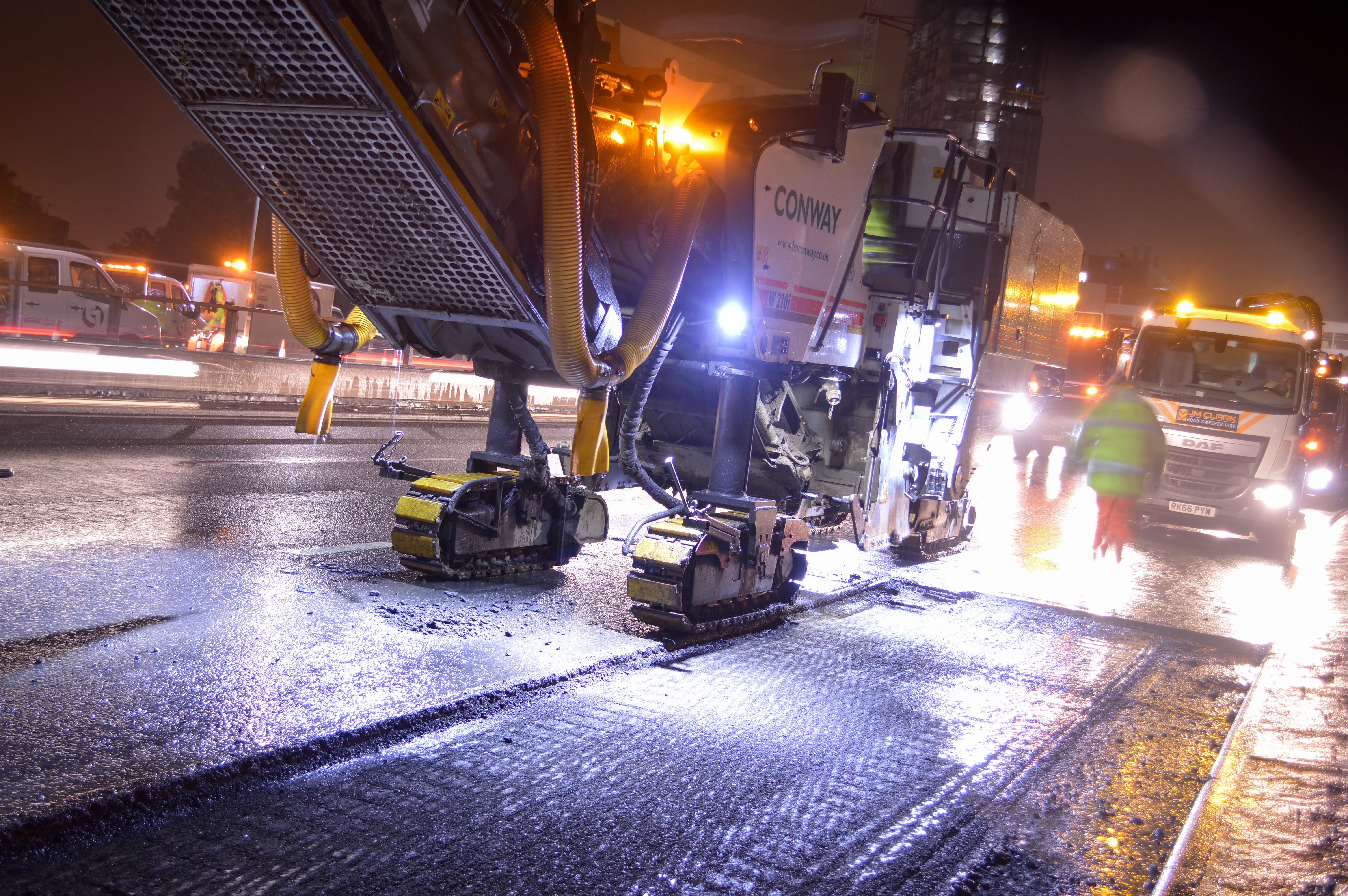
The European construction equipment industry reports a stable market performance for 2022, despite economic and geopolitical uncertainties. The CECE Business Climate Index is again at optimistic levels after the bauma exhibition in Germany.
“In 2022 the general economic conditions have changed completely compared to the previous year. Against this backdrop, it is remarkable that the construction equipment industry is doing so well, also thanks to full order books. Even if inflation slows as predicted, the ECB's interest rate hikes and the supply chain difficulties will not be over yet”, said Alexandre Marchetta, CECE president,,“our situation is far from being normal and we must use all our strength to overcome the obstacles that stand in our way.”
The resilience of the construction equipment industry is backed by a stable business situation in most customer sectors. However it faces a toxic mix of inflation, ongoing supply chain disruptions, and concerns about the world economy. This is also reflected by robust industry sentiments: the climate index of CECE’s Business Barometer survey went down moderately over the year as the economic fallout of the war in Ukraine unfolded, but bounced back in November after bauma.
For 2022 sales in Europe came in at virtually the same levels as in the previous year, and saw only a minimal 0.6% decline. This shows the robust demand situation in Europe: without the ongoing supply chain disruptions, the market would have seen another year of growth. Factoring in the economic fallout of Russia’s aggression against Ukraine, the European market picture looks even more positive. Sales in Europe excluding Russia – where the market declined by 37% as a result of Western sanctions – went up by almost 3% in 2022.
Equipment sub-segments also performed rather homogenously with only minor ups and downs: road machinery saw minimal sales increase of 1%, while sales of tower cranes were flat and concrete machinery and earthmoving equipment recorded minor declines of 1% and 2%, respectively. Light and compact machines with -0.5% performed slightly better than the heavy machinery segment with -2%.
Regional differences did not play a decisive role this year, as most of the major market regions saw very minor rates of growth or decline. Southern Europe marked a notable exception with 12% sales growth. Turkey and Russia were the positive and negative outliers with close to 40% of growth and decline, respectively.
Still 60% of European manufacturers report of an industry order backlog of more than four months. This confirms that at least the first half of 2023 is “safe” when it comes to capacity utilisation and sales scenario. For the second half of the year, higher interest rates used to lower inflation in Europe weigh heavily on the outlook for the building construction industry, particularly the residential construction sector. That must be expected to affect sales of equipment that is used in the residential sector although growth is expected to return to Europe in spring, as inflation gradually relaxes its grip on the economy. Similarly, the gardening and landscaping sector will probably see softer demand after many boom years. Civil engineering, on the other hand, will probably still benefit from public investment programmes in many European markets. However, due to overall restrained demand, economic activity will be subdued and GDP growth will reach 0.3% in 2023 in both the EU and the euro area as a whole.
The CECE Annual Economic Report contains sections on the macro-economic situation, the performance of the construction sector, the main markets, and main segments of the European construction equipment industry. The report also includes information from the national CECE member associations, shedding more light on regional developments in the European construction equipment sector.









